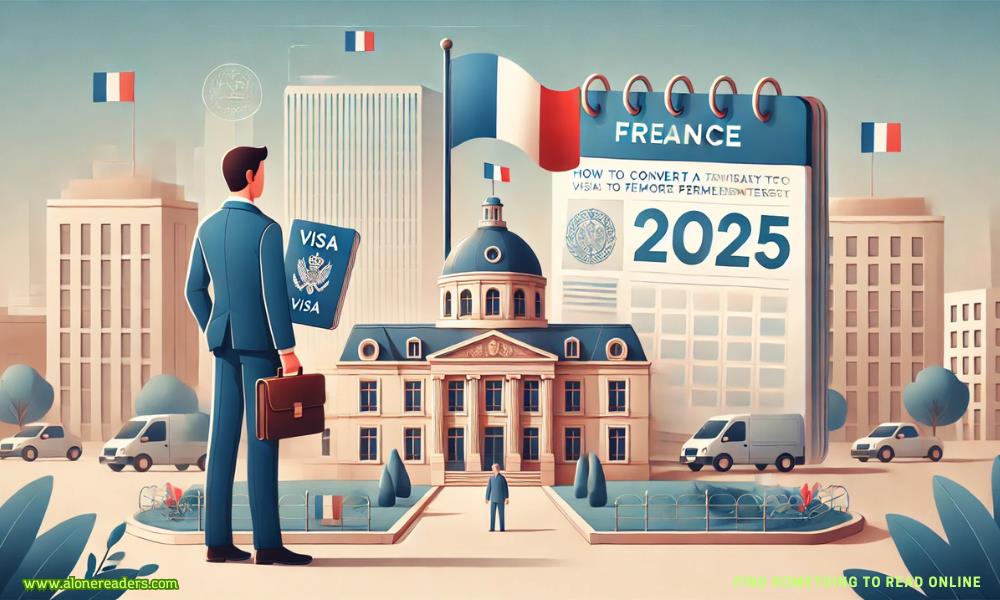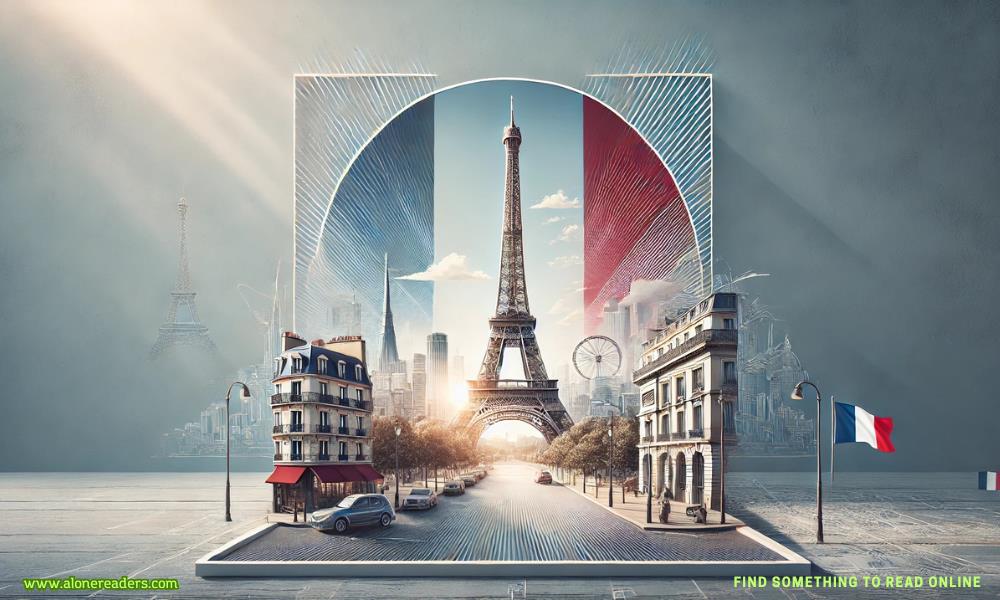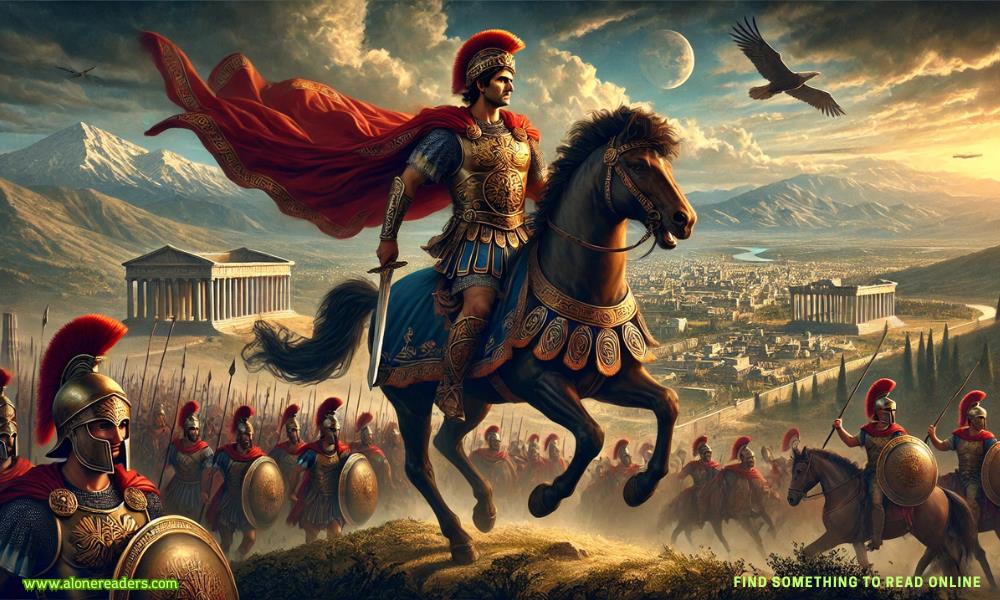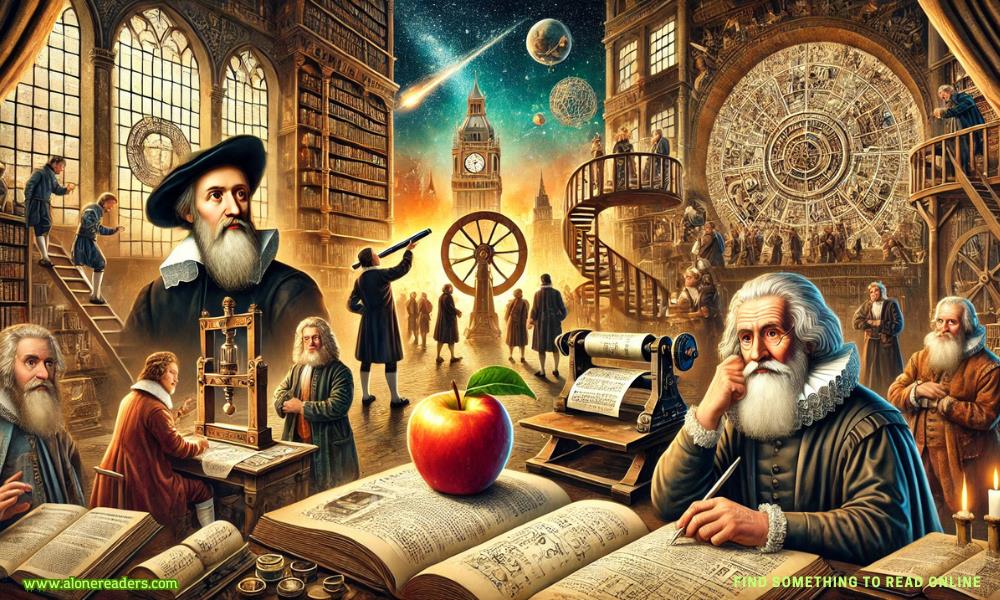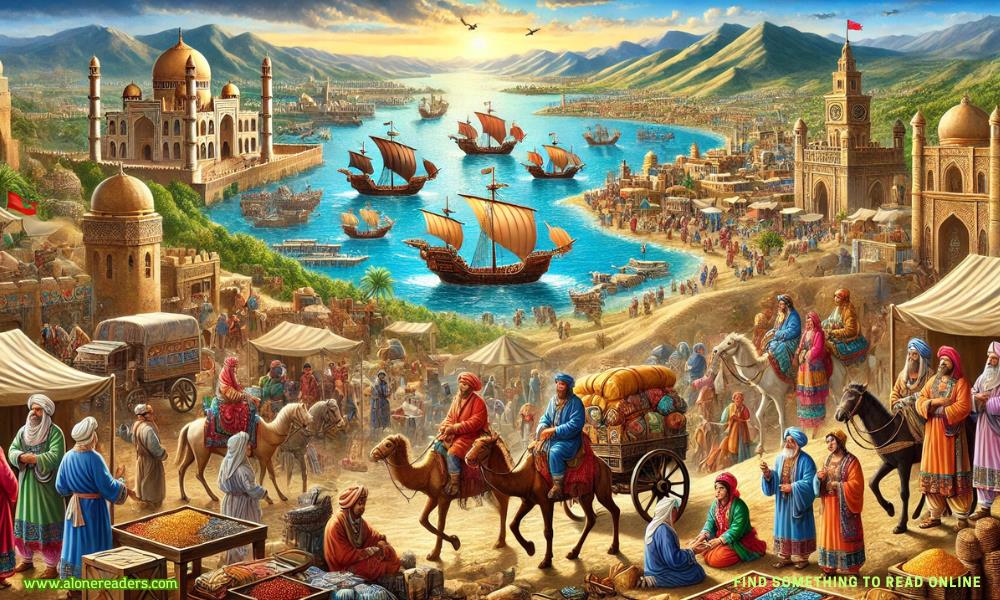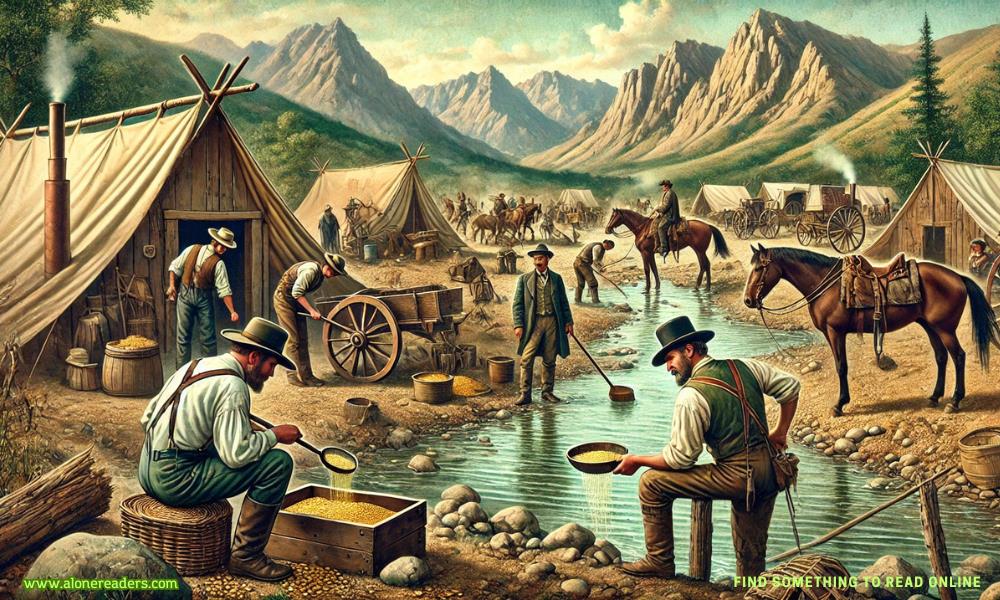Page 34 of What I'm Looking For
Things had sucked for a while, but Mom had done a pretty good job with us, all things considered. Money had always been tight, but that had prepared me quite well for the life of an actor. At least my dad gave me that.
“What was your favorite subject? Besides drama, I guess.”
“Actually, I didn’t take drama in high school.”
She shifts, turning toward me slightly. “How did you get into acting, then?”
I sit up, elbows on knees, gaze back on the water. “Well, I played sports—basketball pretty seriously, baseball, a little hockey. But then my junior year, I started getting in trouble—nothing big, just some fights. My mom decided I needed a change of pace. Her best friend is the drama teacher, and they were desperate for guys to be in the fall play. I said no way. But my mom said it was either that or clean the bathroom every week at home, so the choice was pretty easy. My younger brother got roped in, too.”
She faces me fully, elbow on the back of the bench, cheek resting on her hand, and Romeo’s words echo in my mind:Oh, that I were a glove upon that hand, that I might touch that cheek.
Her foot knocks mine lightly. “So, you quit all those sports and became a drama geek?”
Swallowing the poetry, I laugh. “Well, no. I kept playing basketball. But there was something about performing onstage that made it worth all the shit my teammates gave me about doing it. So, I kept doing plays, and I did a summer apprenticeship at a Shakespeare theater. One of the actors in that company was a professor at BU and said I should try out for their acting program. Unbelievably, I not only got in, but they gave me a scholarship.”
“What about your brother?”
“Oh, he hated it.” I laugh, thinking about Paul and how awful he was. “The play wasOur Town. Have you ever seen it?”
She shakes her head. “I’ve heard of it, but no.”
“Well, you have to do a lot of mime. You know.” I demonstrate, doing the classic mime move of building a wall with my hands in the air in front of me. “Paul had the role of the paper boy, and he couldn’t do the mimeorremember his lines. They had to get some girl to do his part, and he was demoted to a dead guy.”
I shake my head, picturing Paul’s scowl. “He swore he’d never step on a stage again—he’d rather clean bathrooms. Now he’s a plumber and makes a really good living. As he likes to say, ‘Who’s the joke on now?’”
She shifts to sit cross-legged on the bench, her knee now a hairsbreadth from my thigh. “What was your part?”
“I was the milkman. Small role, but I got a lot of laughs. That’s what hooked me. Also, listening to the audience cry. It was an amazing feeling, everybody sobbing together.”
Her brows lift slightly. “That’s… interesting.”
When I turn to face her, my calf presses itself right into hers, but I pour the passion welling up inside into my voice. “To me, that’s what the Greeks were going for or what church should be. A theater is a place where people feel the huge and complicated human emotions together.”
“I guess.” She picks at a spot on her sneaker. “But I’m with your brother. I do not like people looking at me.”
I trail a fingertip along her calf, my heart thudding. “I like looking at you.”
“Stop!” She swats at me, a blush blooming on her cheeks. “I’m sure you’re around beautiful actresses all the time.”
I don’t quite know what to say to that. She isn’t a typical beauty like the girls that play ingenues on stage, but there’s something about her that keeps me coming back for more. Before I can come up with an honest reply, she’s up and scuffing her way down to the beach. I follow and take her hand, turning her to face me. That blush is mottled now.
I squeeze her hand. “Hey.”
Her eyes meet mine, her face blank, all emotion wiped clean away.
I take her other hand, too, tugging slightly. “I don’t know how to say this so you’ll get it. I mean, you’re not like some of the girls I work with.”
She forces a smile. “I know I’m nothing special to look at. You don’t have to try and convince me otherwise.”
My thumbs brush back and forth over her knuckles. “It’s not that.” All I can think of at the moment are descriptions of characters from a play I’m reading. “I mean thefantasydescriptions of beauty. ‘Tall, willowy, long golden locks.’ Or ‘petite but curvy with flashing dark hair and eyes.’”
She gestures up and down her body. “Clearly there’s none of that going on here.” When I open my mouth to protest, her hand makes a stop sign. “Listen, you don’t have to?—”
Clasping that hand, I step closer. “I’m not saying this right.” The only words I can find are Shakespeare’s. “‘Two of the fairest stars in all the heaven, having some business, do entreat her eyes to twinkle in their spheres till they return. What if her eyes were there, they in her head? The brightness of her cheek would shame those stars as daylight doth a lamp.’”
She rolls her eyes but won’t meet mine. “Translation, please?”
I draw a line from her eye, down her cheek, and across her lower lip. “This face. I can’t stop thinking about it, even though you’re a damn capitalist.”
- The Sheikh and the Single Mom by Holly Rayner
- Extra Tight by A.R. Taboo
- Dominance by Lisa Cullen
- Buried by T.O. Smith
- Savage Claim by Bella Ash
- Savage Proposal by Bella Ash
- Inappropriately Matched by Chloe Kent
- Wilde Secrets by Melanie Hepburn
- The Devil's Torment by Tracie Delaney
- Ms. Mosley by Talena Tillman
- Stricken by N.N. Britt
- Unspoken by N.N. Britt
- Isaac by N.N. Britt
- Past Lovers by Kelex
- Bitten by Kelex
- Best Friends by Kelex


